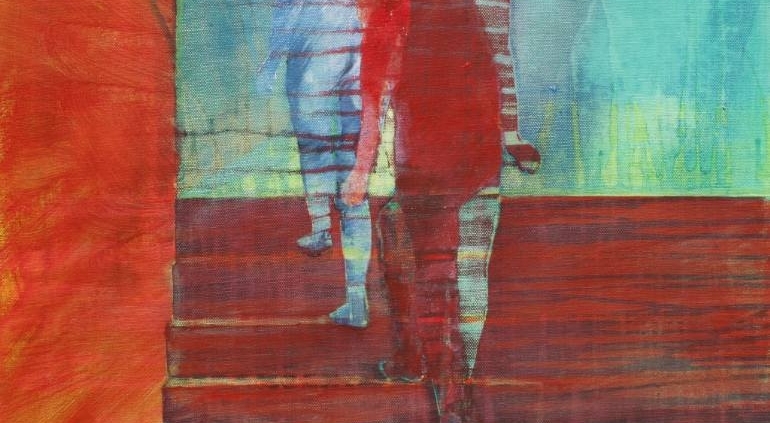Coming and Going
Einstein’s Theory of Relativity and this week’s Torah portion (Bo, or “Come!”) – named for a word seemingly gone wrong – have something in common. First the Torah, then the Theory:
“God said to Moses: Come to Pharaoh, for I freighted his heart and the heart of his court, so I can display My signs among them, and so you can recount to your children and your children’s children how I mocked Egypt and displayed My signs among them – so that you will know that I am God” (Ex. 10:1-2).
If God were sending Moses to Pharaoh, shouldn’t God have said, “Go to Pharaoh,” not “Come to Pharaoh”? Go sends; come summons. If God said “Come,” then God had to be with Pharaoh. How can a liberating God be with the slaver?
This call challenges the duality of coming and going, just like Einstein’s general theory of relativity. Coming and going are relative: only God is absolute. It follows that God, as the only absolute, must also be with Pharaoh: God must be with Pharaoh’s heart no less than with Moses’ own.
Take this in: holiness doesn’t divide, and even the slave master, somehow, has holiness within. This is God’s creation and creation’s God – and anything we perceive to the contrary isn’t fully real.
This truth can’t help but challenge us. Slavery is profoundly wrong and suffering hurts: what reasons could nature or nature’s God have for them? What kind of God worthy of love and respect could have any reasons for them at human expense? The God we most often crave is a God of goodness; what God would call us to “come” to slavery or suffering?
That timeless question is the point. We must seek holy potential in everyone (even a slave master) and everything (however much it hurts) – even as we try with all our might to right all that’s wrong in the world. This challenge calls us to come to it in all we are and all we do.
Only when Moses heeded this call could liberation truly begin. And as for Moses, so for us all. If there’s reason to anything in this topsy-turvy world so prone to suffering, it must be this call to come to the holy potential that summons us in all our comings and goings.
R’ David Evan Markus






 Evan J. Krame was ordained as a rabbi by the
Evan J. Krame was ordained as a rabbi by the